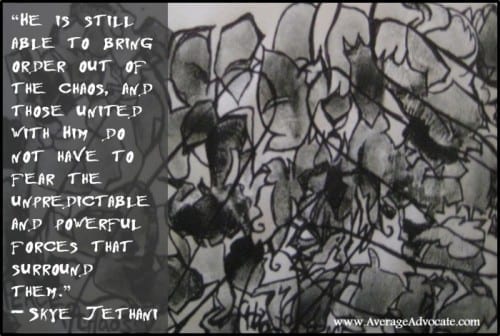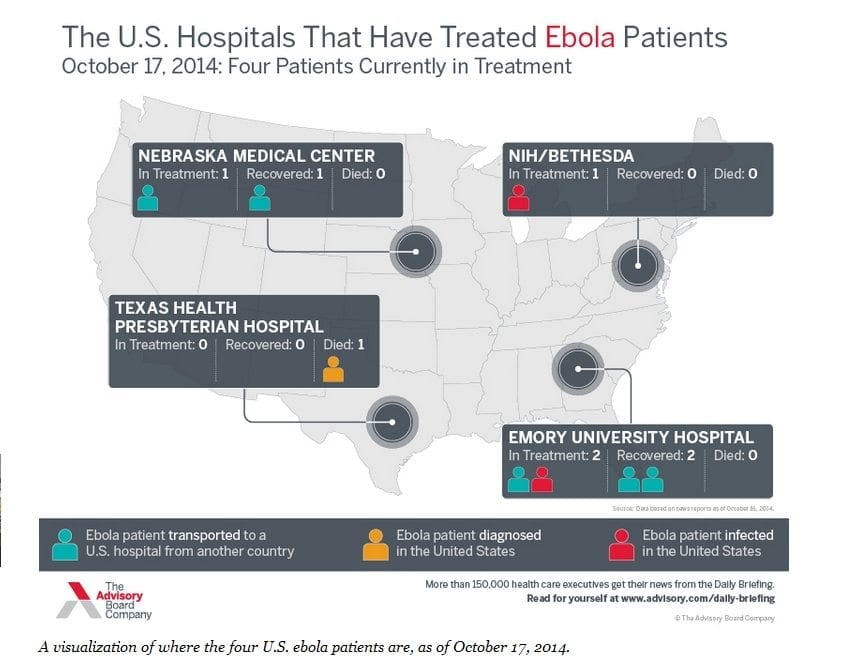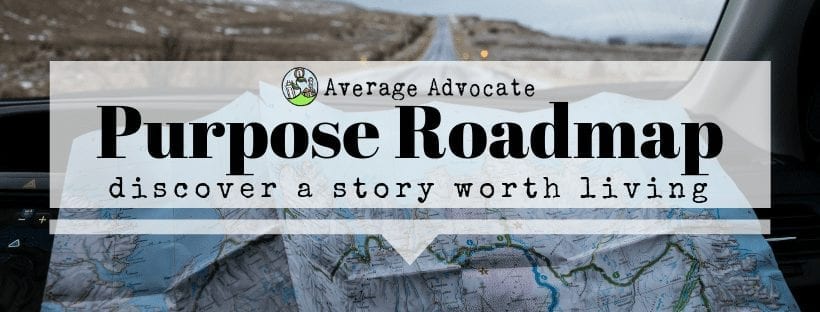We aren’t fully panicking yet. But as an infected man went through our token international airport a few miles off, I am beginning to hear the stirring speculations: Is it possible that maybe Ebola carries through the air? Could these germs have flown up route 28, turned west on Waxpool, and hit the iPod-zoned-out jogger gliding past my house?
Thankfully there is Google: No, beloved comrades, Ebola is not spread through blowing sugary breaths of Ebola northwest (or east, or south, in case you were concerned about your directional longitudes and latitudes).
But, unfortunately, there is Google: Did you know that President Obama actually personally planted the Ebola virus himself in the States? He sneaked into IAD, dumping a vile vial of contaminated bodily fluids on an unsuspecting individual who was using the bathroom before said victim obtained his luggage (but since he was flying back from Africa, no one will ever think it was Obama, they will just assume he contracted it from the most likely source! So sneaky, that Obama).
As always, we fear what we don’t know. Or more accurately, we worry about the “what ifs,” then blame everyone else for not doing what we think they should to keep danger from our door, as if it is our right to always be protect (that’s just too bad everyone else near Ebola just doesn’t have that right). We don’t really do much more than worry because we never considered we could do more than worry, and we don’t even have to do that!
Here are 3 ways to help mitigate your worry:
1.) Respond to the Facts
So far, in the United States, the ratios look like this:
- 1:319,100,000 who have died from Ebola
- 2:319,100,000 of who have contracted Ebola within the States
- 3:319,100,000 have been diagnosed with Ebola in the States
- 8:319,100,000 of who have had Ebola while within the US borders
Ebola is only contracted by a sick person’s bodily fluid going into another’s body. Of course, once in contact with someone with Ebola, even with prevention, this can happen accidentally. But as of now, just don’t travel to west Africa, don’t hang out with people coming from west Africa unless they are showing symptoms, and don’t care for the family members of the people who have had it without seriously thinking through the possible consequences.
Point being: As at this time the virus hasn’t spread within the United States and it is considered a very low and unlikely possibility by the CDC. Considering, before you panic, remember these facts–a handful of people of hundreds of millions are affected.
2.) Distinguish Healthy Fear
Due to the reactions of locals to the virus possibly traveling through our airport, this local doctor has had to respond. Skim through his article, Talking To Your Children About Ebola, and take his advice between distinguishing healthy, preventative fear from a stressed-out worry. Considering they have already tested people coming through our airport at the hospital two miles from my house, it might not be a bad idea to work through your fears as it is relevant.
3.) Meditate on Hope:
Once someone drew me a picture which I’ve almost made famous with the amount of times I have now drawn it. The picture is of a stick-figure with a big worry bubble over their head. Then, the illustrator draws a huge-hugedity-huge bubble representing the hope that is bigger than the worry. That bubble is so huge, that it overtakes the worry bubble.
The point is, sometimes our perspective can be off a little. We get so consumed with our worries, that they live forefront in our minds and make us freak-out. But, the truth is usually that our hope is so much greater than our inconsequential worry, even though our worry might indeed seem the end-all. Or actually be the end-all (in the case of the person who actually does have Ebola). Regardless, to be at peace in the middle of chaos, the only thing we can do is look at the bigger picture.
Some might choose the broader perspective by thinking of those they love, or whatever matters most in the middle of their worry. For me personally, as a follower of Jesus, in these uncontrollable situations I’m challenged to trust God–not because I are guaranteed health and wealth, but because come what may, in his love, he walks with me through my fears. This hope is enough to keep me satisfied, for without it, I’d probably always be depressed and distraught.
Goal: Don’t meditate on worry. Meditate on the one bigger than your worries (and even legitimate fears).
————————
What fears and worries do you struggle with? What helps you deal with them? Are you afraid of the Ebola virus? How can you actively meditate on hope?
Your Next Step:
Although the purpose of this post was to help you mitigate your fears, this virus is serious and it is spreading elsewhere.
Dealing with your fears doesn’t mean turn a blind eye to what is causing them. Instead, being free from fear empowers you to act on behalf of those suffering from Ebola (or who might if we don’t respond).
Listen to this:
“Media attention is constant but much of the focus is on whether the virus will kill Europeans or Americans. Journalists come to film staff in exotic yellow hazmat suits, to photograph tanned, exhausted expatriate aid workers, and then they go home and tell the story of the poor Africans and the brave foreigners who came to save them. They are in love with the romance of the dirt roads and killer virus, but miss the outrage and helplessness we are living every day. . . We live in a world where conversations revolve around where to put the all the bodies no one has come to bury.” – Doctors Without Borders’ Ella Watson-Stryker
Ideally, we will love others regardless of whether it helps us. But in this case, it seems helping others might actually help protects us. This is the main reason we haven’t made a travel ban to these countries in West Africa–there is approximately only one doctor to care for hundred thousand people in this region. Without external medical help, the virus would spread exponentially and become an even larger threat. We can help curb it, or we can let the affected region die off and hope it didn’t spread to the next country, and the next, and still eventually to us.***
“Urging Americans not to underestimate the importance of the international response, Obama said aid work in Africa was not “simply charity,” but “an investment in our own public health.”
“I am absolutely confident that we can prevent a serious outbreak of the disease here in the United States,” he said. “But it becomes more difficult to do so if this epidemic of Ebola rages out of control in West Africa. If it does, it will spread globally.” –USA Today
Ebola might not be our current reality, but this reality belongs to others. Please don’t become one who is only afraid for oneself and ignores others. This post was written in tandem with this one, Do Something: Make STOPPING Ebola Go Viral, where guest post author Rebecca encourages us on Average Advocate to make action about Ebola essential.
Please read this and act!
__________________________________________________________________

***Other notes on air travel: As passengers are screened by symptoms (checking for fever before they board the plane) those in air travel will not be exposed to Ebola, only those who have come in contact with those with symptoms after symptoms appear later in the United States (where US citizens have the legal right to be treated regardless). On the other hand, if we banned air-travel, as there aren’t direct flights from those regions anyway, it makes it likely individuals would lie about coming from West Africa and therefore wouldn’t be screened, making it more likely a current symptomatic person infected by Ebola who put people at risk.








Trackbacks/Pingbacks